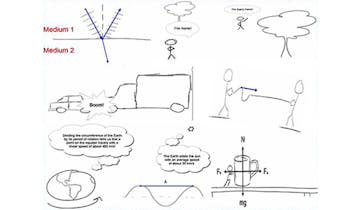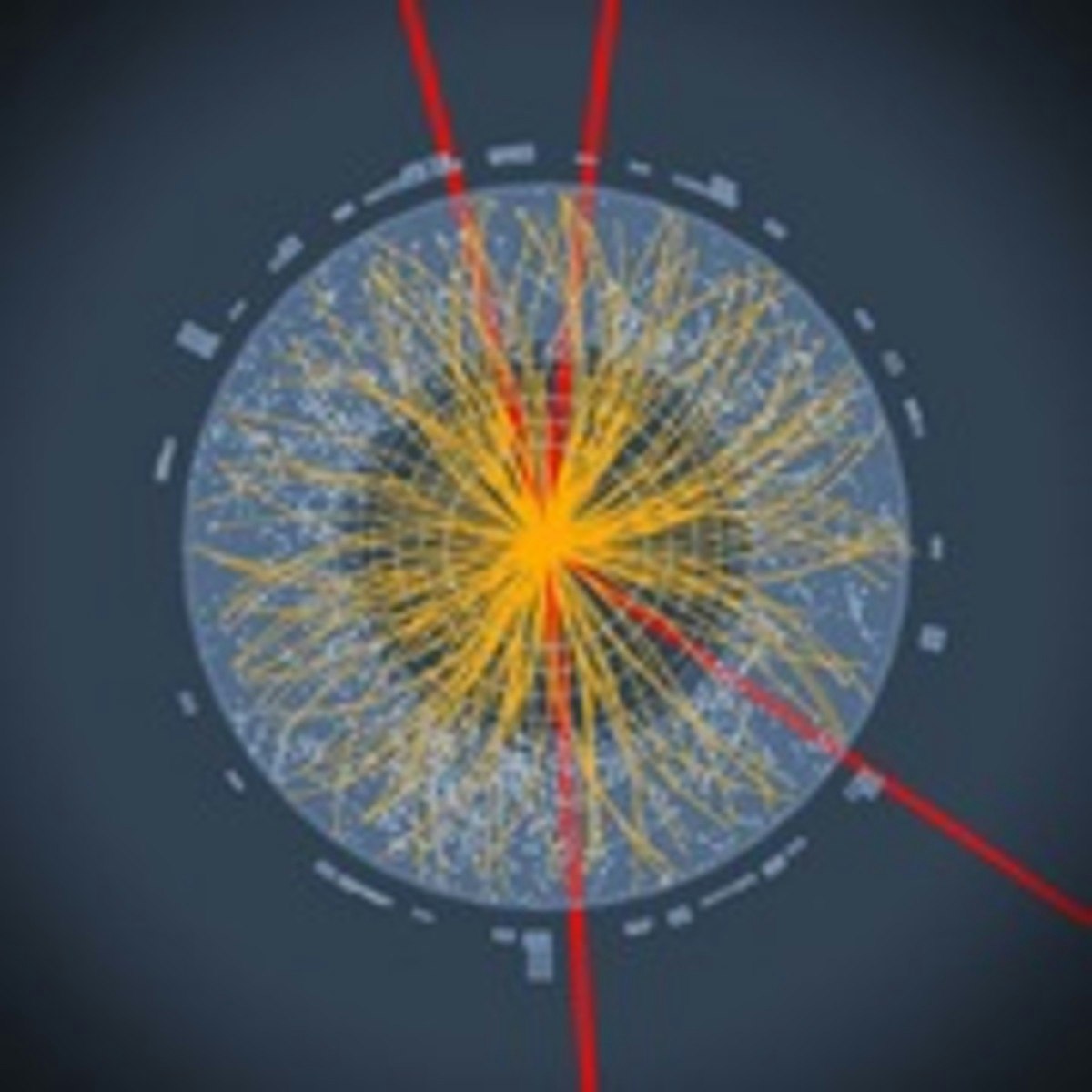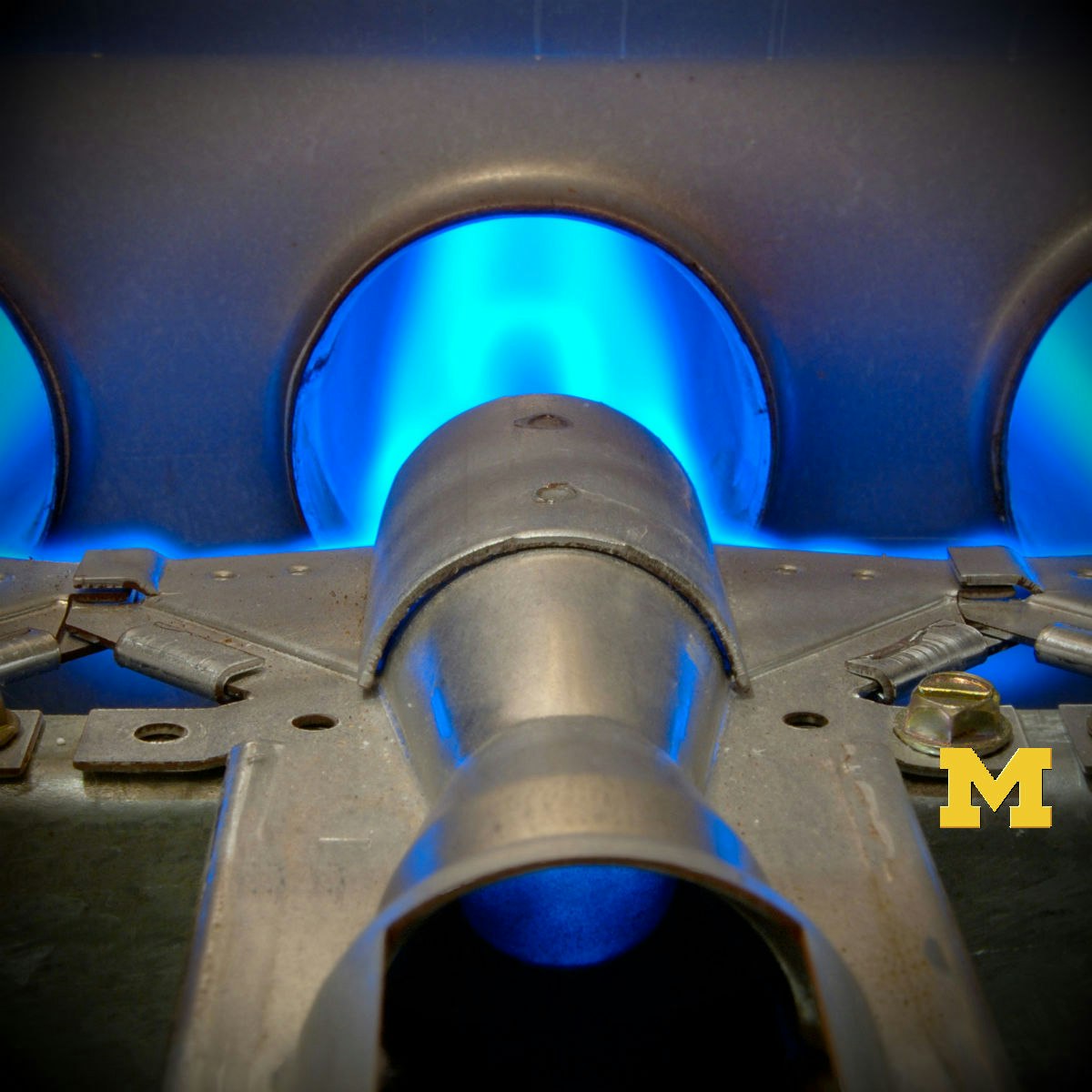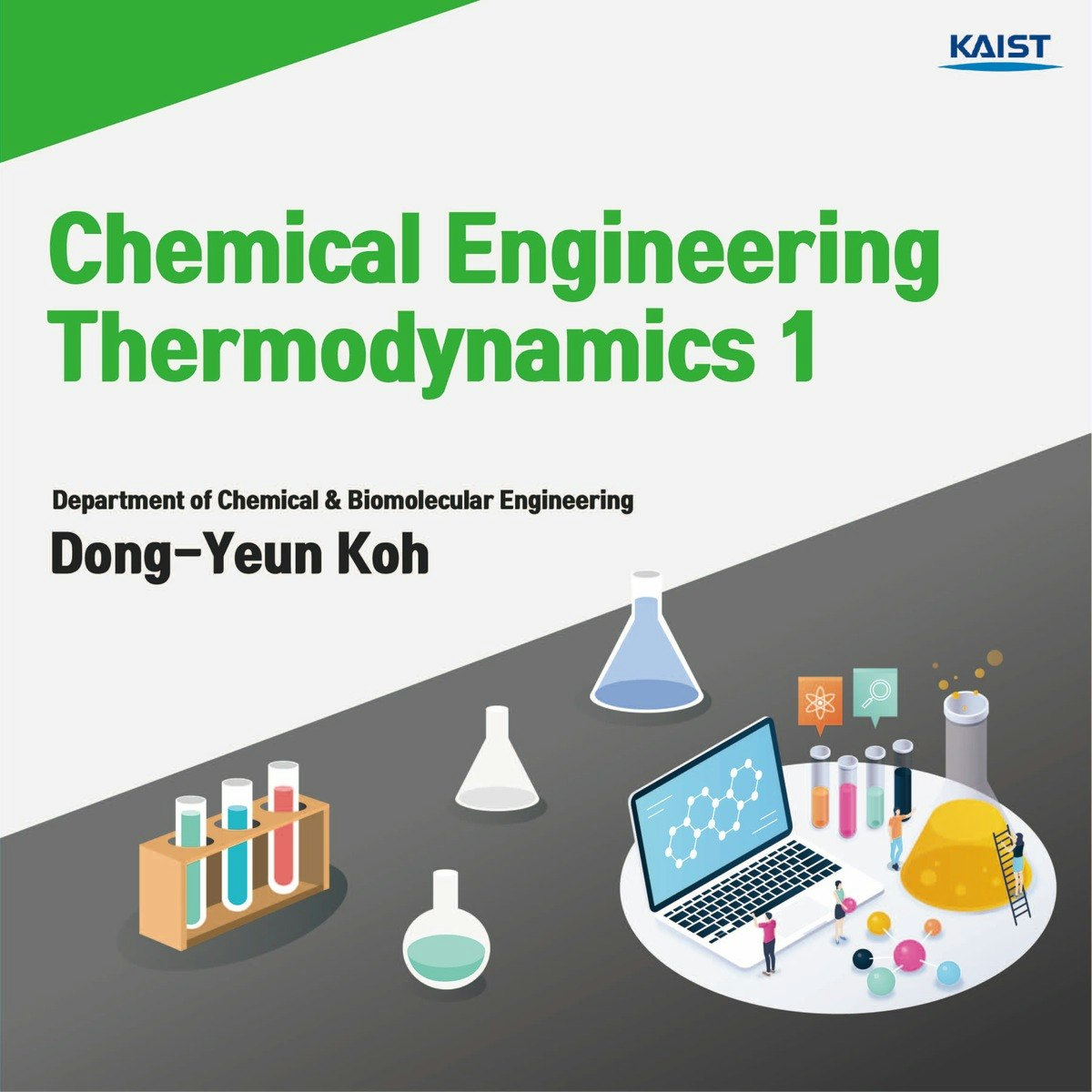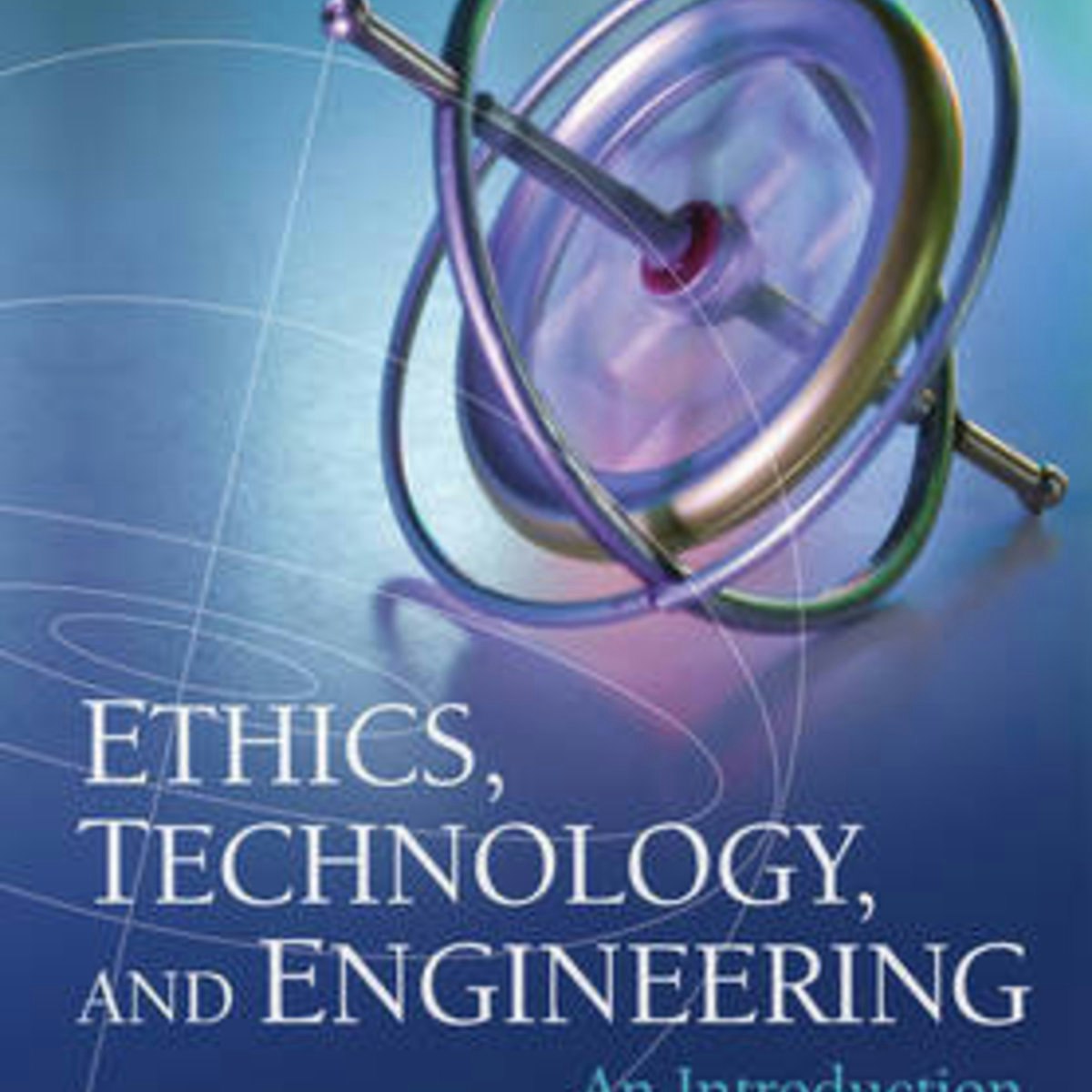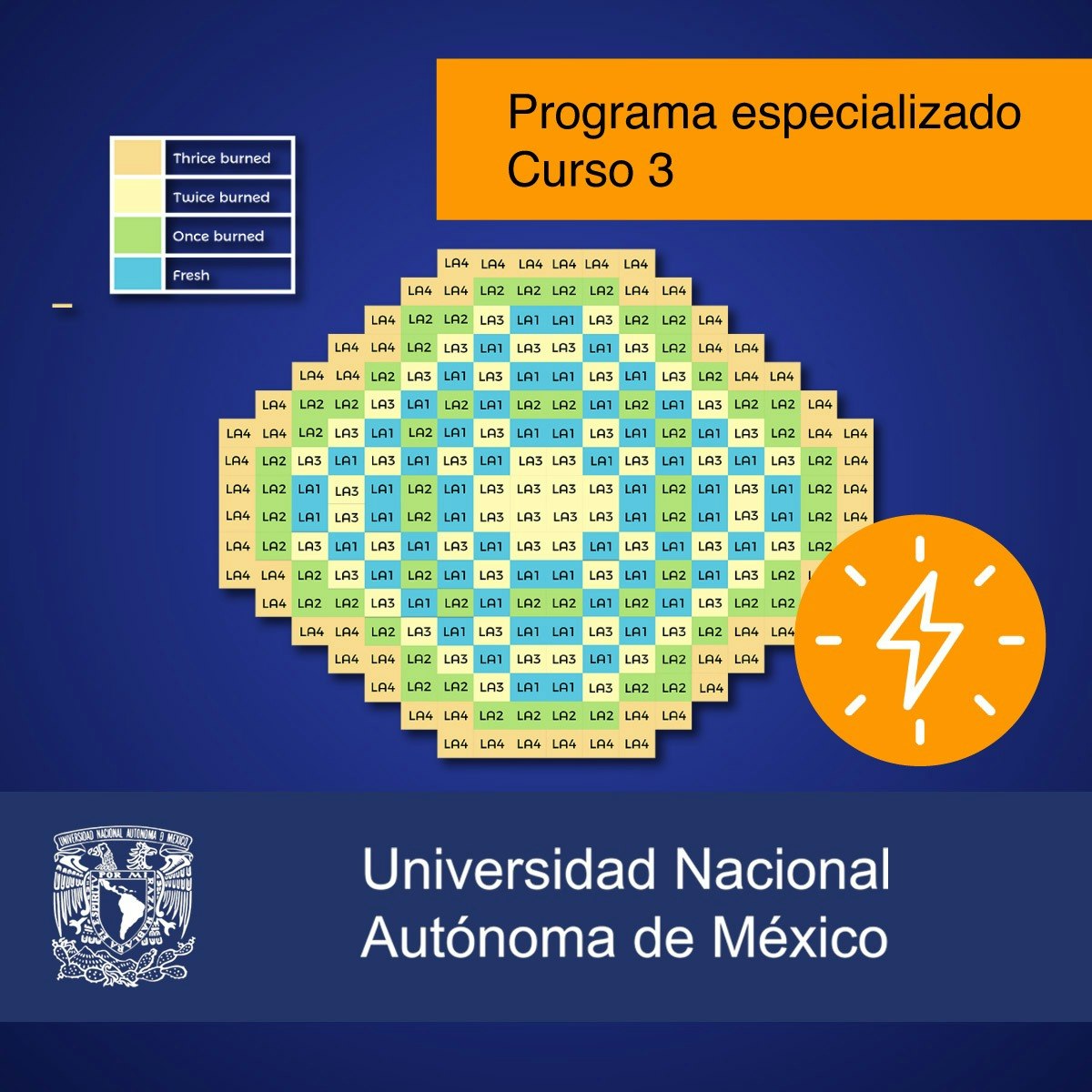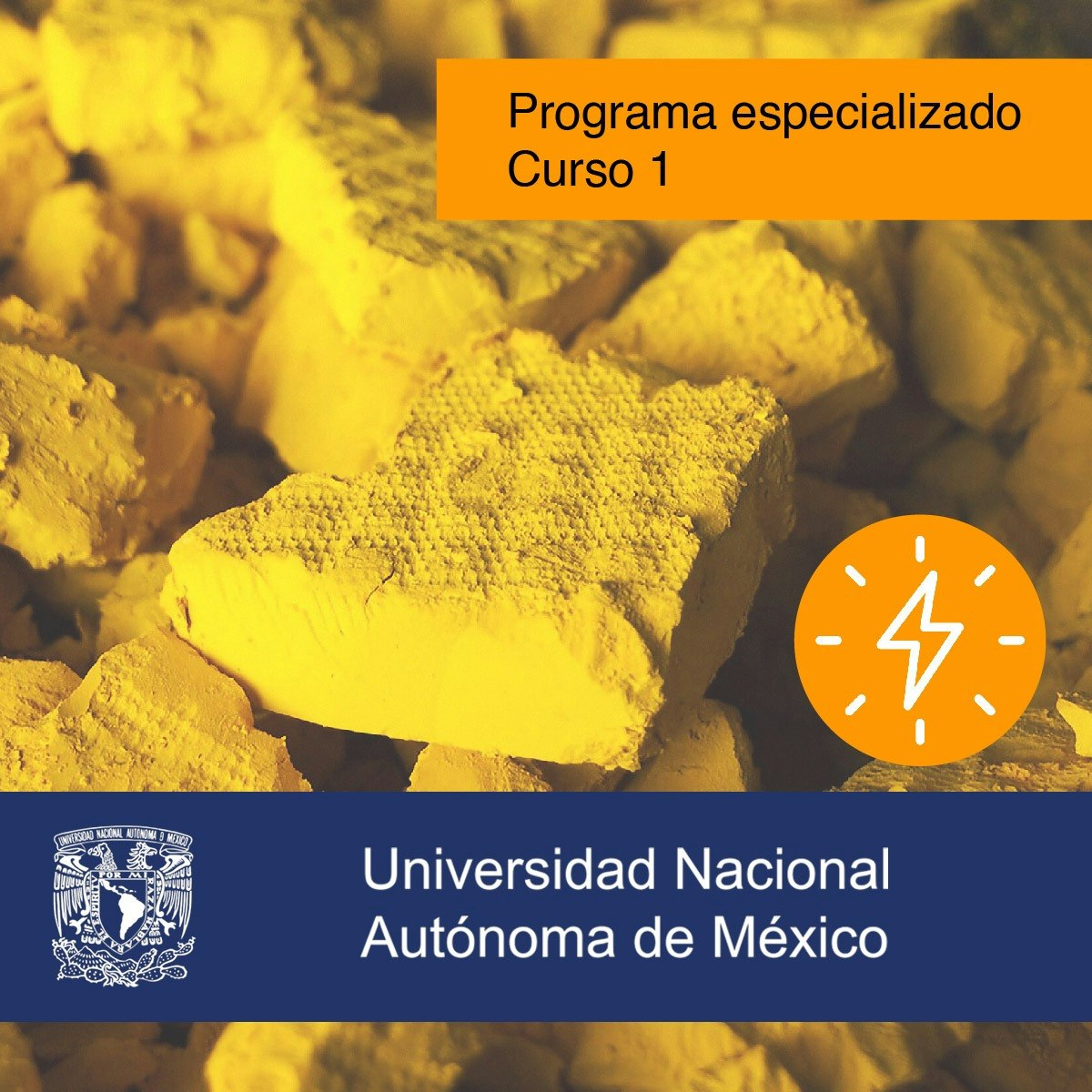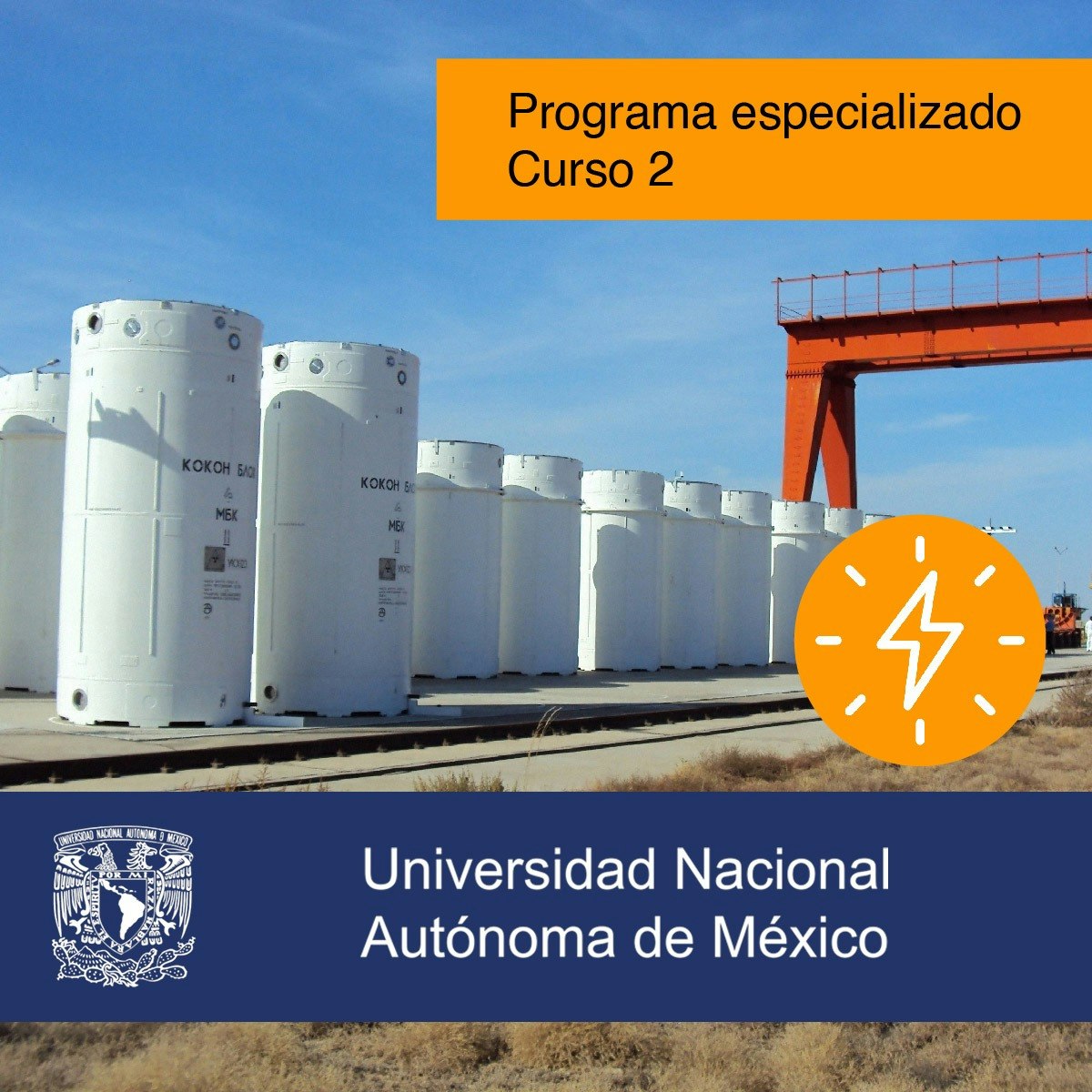Nuclear Engineer
Comprehensive Guide to a Career as a Nuclear Engineer
Nuclear engineering is a specialized field focused on harnessing the power of atomic nuclei for a wide array of applications. It involves the research, design, development, operation, and regulation of systems and components that utilize nuclear energy and radiation. This discipline plays a crucial role in generating electricity, advancing medical treatments, and contributing to national defense, among other areas.
The work of a nuclear engineer can be incredibly engaging. Imagine designing advanced reactor systems that could power entire cities with minimal environmental impact, or developing cutting-edge medical isotopes used to diagnose and treat diseases like cancer. Nuclear engineers also contribute to space exploration by designing nuclear batteries for spacecraft and ensuring radiation safety for astronauts. The field is constantly evolving, offering opportunities to work on innovative projects such as nuclear fusion, a potentially revolutionary clean energy source.
Introduction to Nuclear Engineering
Nuclear engineering is a branch of engineering that deals with the applications of nuclear fission and fusion, as well as other nuclear and radiation processes. It encompasses a broad spectrum of activities, from the design and operation of nuclear power plants to the development of nuclear medicines and the management of radioactive waste.
What is Nuclear Engineering and Its Scope?
At its core, nuclear engineering applies the principles of nuclear physics to create and manage technologies that interact with atomic nuclei. This involves a deep understanding of how atoms work, particularly how energy is released during nuclear reactions. The scope of nuclear engineering is extensive, covering areas such as power generation, medical imaging and treatment, industrial processes, and national security.
Nuclear engineers are responsible for the entire lifecycle of nuclear systems, from conceptual design and research to construction, operation, maintenance, and eventual decommissioning. They work on developing safer and more efficient nuclear reactors, creating new ways to use radiation for beneficial purposes, and ensuring the safe handling and disposal of nuclear materials. The field also addresses critical societal challenges, such as providing clean energy and advancing healthcare.
For those new to the concepts, think of a nuclear reactor as a highly controlled chain reaction. Imagine a series of dominoes. In a nuclear reactor, tiny particles called neutrons are like the first domino. When a neutron strikes the nucleus (the center) of a heavy atom, like uranium, it causes that nucleus to split. This splitting, called fission, releases a tremendous amount of energy (as heat) and more neutrons. These new neutrons then go on to split other uranium nuclei, creating a chain reaction. Nuclear engineers design systems to control this chain reaction, harness the heat to produce steam, and use that steam to spin turbines and generate electricity. It's a complex process that requires precise engineering to ensure safety and efficiency.
Historical Development of Nuclear Technology
The field of nuclear engineering has its roots in the early 20th century with discoveries in atomic and nuclear physics. A pivotal moment was the discovery of nuclear fission in 1938. This was followed by the rapid development of nuclear reactor technology during World War II, initially driven by military applications. The first artificial, self-sustaining nuclear chain reaction was achieved in 1942 at the University of Chicago, a landmark event that ushered in the nuclear age.
After the war, the focus began to shift towards peaceful applications of nuclear technology, particularly for electricity generation. The world's first commercial nuclear power plants began operating in the 1950s. Since then, nuclear technology has continued to evolve, with advancements in reactor design, safety systems, and applications in medicine and industry. The journey has involved contributions from numerous scientists and engineers worldwide, shaping the field into what it is today.
Key Applications (Energy, Medicine, Defense)
Nuclear engineering has a diverse range of applications that significantly impact society. One of the most prominent applications is in energy production. Nuclear power plants use fission to generate electricity, providing a significant portion of the world's low-carbon energy. Engineers in this sector design, operate, and maintain these complex facilities, focusing on safety and efficiency.
In medicine, nuclear technology is indispensable. Nuclear engineers contribute to the development and production of medical isotopes used for diagnosing and treating various diseases, including cancer. They also work on designing and operating medical imaging equipment like MRI machines and PET scanners, and developing radiation therapies.
Nuclear engineering also plays a critical role in national defense. This includes the development and maintenance of nuclear propulsion systems for naval vessels, such as submarines and aircraft carriers. Additionally, nuclear engineers are involved in matters related to nuclear weapons, including ensuring their safe storage and readiness. Other applications include industrial uses like material testing and sterilization, agricultural applications to improve crop yields, and even space exploration, where nuclear power sources are used for long-duration missions.
To further explore the fundamentals of nuclear energy and its societal impact, the following course provides a comprehensive introduction.
For those interested in the broader context of energy transition, this course offers valuable insights. Understanding the materials used in nuclear applications is also crucial. This book provides foundational knowledge in nuclear science.Educational Pathways for Nuclear Engineers
Embarking on a career as a nuclear engineer requires a strong educational foundation, typically beginning with robust preparation in science, technology, engineering, and mathematics (STEM) subjects at the pre-university level. This foundation is then built upon through specialized undergraduate and graduate degree programs.
Pre-university STEM Preparation
For high school students aspiring to become nuclear engineers, a strong focus on STEM subjects is paramount. Courses in physics, chemistry, and advanced mathematics, including calculus, are essential. Developing strong analytical and problem-solving skills through these subjects will lay the groundwork for the rigorous academic challenges of a nuclear engineering program. Participation in science clubs, math competitions, and STEM-focused extracurricular activities can also provide valuable experience and demonstrate a proactive interest in the field.
It's never too early to start exploring the concepts. Consider resources that introduce basic physics and chemistry in an accessible way. Building a solid understanding of these fundamentals will make the transition to university-level studies smoother. OpenCourser offers a variety of introductory courses in Physics and Chemistry that can help build this foundational knowledge.
For students preparing for advanced placement exams, courses like the one below can be beneficial.
This book can provide a good introduction to physics concepts.Undergraduate and Graduate Degree Requirements
The standard entry point into the nuclear engineering profession is a bachelor's degree in nuclear engineering. These programs, typically lasting four years, cover core subjects such as nuclear physics, reactor theory, thermodynamics, fluid mechanics, radiation protection, and materials science. Many programs also include laboratory work and design projects to provide practical experience. It is highly recommended to choose a program accredited by an organization like ABET (Accreditation Board for Engineering and Technology), as this ensures the program meets quality standards and may be a requirement for licensure or graduate studies.
While a bachelor's degree is often sufficient for entry-level positions, many nuclear engineers pursue graduate studies to specialize further or to qualify for research and advanced development roles. A Master of Science (M.S.) or Master of Engineering (M.Eng.) in nuclear engineering can provide deeper knowledge in areas like reactor design, nuclear safety, medical physics, or nuclear materials. These programs typically require an additional one to two years of study and often involve a research thesis or a capstone project.
For those interested in foundational nuclear engineering principles, consider this introductory course.
This course introduces the basics of particle physics, a core component of nuclear engineering. For a broader understanding of general physics concepts, which are foundational to nuclear engineering, this course is a good starting point. These books offer in-depth knowledge for aspiring nuclear engineers.Ph.D. Research and Specialization Areas
A Doctor of Philosophy (Ph.D.) in nuclear engineering is typically pursued by those interested in careers in academia, advanced research, or high-level policy and development. A Ph.D. program involves intensive research in a specialized area, culminating in a dissertation that contributes original knowledge to the field. This usually takes an additional three to five years beyond a master's degree.
Specialization areas within nuclear engineering are diverse and reflect the broad applications of nuclear technology. Some common areas for Ph.D. research and specialization include:
- Reactor Physics and Engineering: Focusing on the design, analysis, and operation of nuclear reactors, including next-generation concepts like Small Modular Reactors (SMRs) and Generation IV reactors.
- Radiation Science and Health Physics: Involving the study of radiation effects, radiation detection and measurement, dosimetry, and radiation protection for medical, industrial, and environmental applications.
- Nuclear Materials Science: Researching the behavior of materials in radiation environments and developing new materials for nuclear applications.
- Nuclear Fuel Cycle and Waste Management: Addressing the front and back ends of the nuclear fuel cycle, including fuel enrichment, reprocessing, and the long-term disposal of radioactive waste.
- Nuclear Fusion and Plasma Physics: Working on the cutting edge of research to develop controlled nuclear fusion as a future energy source.
- Nuclear Nonproliferation and Security: Focusing on the technical aspects of preventing the spread of nuclear weapons and securing nuclear materials.
- Medical Physics and Nuclear Medicine: Applying nuclear principles to medical imaging, diagnostics, and cancer therapy.
Online courses can supplement formal education by providing specialized knowledge in related areas. For instance, understanding power electronics is valuable for energy systems.
Knowledge of materials science is also crucial in nuclear engineering. These texts delve deeper into specific areas of nuclear science and engineering. Exploring related topics can broaden one's understanding.Key Skills and Competencies in Nuclear Engineering
Success as a nuclear engineer hinges on a combination of strong technical abilities and well-developed soft skills. The complex and often high-stakes nature of nuclear projects demands both deep specialized knowledge and the ability to work effectively with others.
Technical Skills (Reactor Physics, Thermodynamics)
A robust foundation in technical skills is non-negotiable for nuclear engineers. Key areas of expertise include reactor physics, which involves understanding the behavior of neutrons and the processes within a nuclear reactor core. This knowledge is crucial for designing, operating, and ensuring the safety of reactors.
Thermodynamics and fluid mechanics are also vital, as nuclear power generation involves the transfer of heat and the movement of fluids (coolants) to produce energy. Engineers must be able to analyze and design thermal-hydraulic systems to ensure efficient and safe operation. Other critical technical skills include radiation detection and measurement, radiation shielding, understanding nuclear materials, and knowledge of nuclear fuel cycles.Online courses can help build and reinforce these technical skills. For example, understanding thermodynamics is fundamental.
These courses offer an introduction to thermodynamics and its applications, which are core concepts in nuclear engineering, particularly in understanding energy conversion and system efficiency.
This book delves into the physics of nuclear reactors. Relevant topics include:Soft Skills (Problem-Solving, Communication)
While technical proficiency is essential, soft skills are equally important for a successful career in nuclear engineering. Problem-solving skills are paramount, as engineers frequently encounter complex challenges that require analytical thinking and innovative solutions. They must be able to identify issues, analyze data, and develop effective strategies.
Communication skills are also critical. Nuclear engineers often work in multidisciplinary teams and need to effectively convey technical information to colleagues, managers, regulatory bodies, and sometimes the public. This includes writing clear and concise reports, giving presentations, and participating in technical discussions. Other important soft skills include attention to detail, logical thinking, teamwork, and adaptability to evolving technologies and regulations.Courses focusing on ethical considerations in engineering can also enhance a nuclear engineer's soft skill set, particularly in decision-making and professional responsibility.
This course explores ethical considerations in engineering, a crucial aspect for nuclear engineers who deal with technologies that have significant societal and environmental implications.
This book discusses the broader societal context of scientific endeavors, which can inform a nuclear engineer's perspective.Industry Software and Tools
Modern nuclear engineering relies heavily on sophisticated software and computational tools. Proficiency in these tools is often a required skill. Computer-Aided Design (CAD) software is used for designing nuclear components and systems. Simulation software, such as those based on Monte Carlo methods, is extensively used for reactor physics calculations, radiation transport analysis, and safety assessments.
Engineers may also use codes for thermal-hydraulic analysis, fuel performance modeling, and structural mechanics. Programming skills, particularly in languages like Python or MATLAB, are increasingly valuable for data analysis, automation, and developing custom tools. Familiarity with industry-specific codes and standards is also crucial for ensuring compliance and safety.
Online courses offer opportunities to learn relevant software and programming languages.
This course introduces Python programming specifically for applications in nuclear science and engineering, providing practical skills in a widely used programming language.
Understanding finite element analysis is also beneficial.These courses provide an introduction to Finite Element Analysis (FEA) and its applications, which is a common computational tool used in various engineering disciplines, including nuclear engineering for structural and thermal analysis.
Career Opportunities for Nuclear Engineers
A degree in nuclear engineering opens doors to a variety of career paths across several industries. The skills acquired are valuable in roles that contribute to energy production, healthcare advancements, national security, and cutting-edge research.
Industries (Energy, Healthcare, Government)
The energy sector is a primary employer of nuclear engineers, particularly in the design, operation, and maintenance of nuclear power plants. These engineers play a vital role in ensuring the safe and efficient generation of electricity. According to the U.S. Bureau of Labor Statistics, electric power generation, transmission, and distribution is a significant industry for nuclear engineers.
The healthcare industry also offers opportunities, where nuclear engineers contribute to the development and application of nuclear medicine, including diagnostic imaging and radiation therapy. They may work in hospitals, research institutions, or companies that produce medical isotopes and equipment.
Government agencies are another major employer. This includes regulatory bodies like the U.S. Nuclear Regulatory Commission (NRC), national laboratories involved in research and development, and defense-related organizations working on nuclear propulsion or weapons programs. Scientific research and development services also employ a significant number of nuclear engineers.These courses explore the broader energy landscape and sustainable energy options, providing context for the role of nuclear energy within various industries.
This book provides an overview of nuclear power. This topic is central to the energy industry.Roles (Reactor Engineer, Radiation Safety Officer)
Within these industries, nuclear engineers can take on various specialized roles. A Reactor Engineer is typically involved in the design, analysis, operation, or maintenance of nuclear reactors. This could involve core design, thermal-hydraulic analysis, or overseeing reactor operations.
A Radiation Safety Officer or Health Physicist focuses on protecting people and the environment from the harmful effects of radiation. Their responsibilities include developing and implementing safety protocols, monitoring radiation levels, conducting risk assessments, and ensuring compliance with regulations.
Other roles include:
- Nuclear Licensing Engineer: Ensuring that nuclear facilities and activities comply with all applicable regulations and licensing requirements.
- Nuclear Fuel Cycle Engineer: Working on aspects of the nuclear fuel cycle, such as uranium enrichment, fuel fabrication, or waste management.
- Nuclear Materials Engineer: Specializing in the properties and performance of materials used in nuclear environments.
- Research Scientist/Engineer: Conducting research in areas like advanced reactor concepts, fusion energy, or new applications of nuclear technology.
- Project Manager: Overseeing nuclear engineering projects, managing budgets, timelines, and multidisciplinary teams.
Understanding the management of nuclear fuel is crucial for many roles.
These courses cover the critical aspects of nuclear fuel management, both within the reactor core and the broader fuel cycle, essential knowledge for many nuclear engineering roles.
The following book is a foundational text on nuclear systems. One may also consider careers in related fields.Emerging Fields (Nuclear Fusion, Waste Management)
The field of nuclear engineering is not static; new and emerging areas offer exciting prospects. Nuclear fusion research is a major focus, with international efforts like ITER aiming to develop fusion power as a clean and virtually limitless energy source. Engineers in this area work on complex plasma physics, materials science, and reactor design challenges.
Advanced nuclear reactor designs, such as Small Modular Reactors (SMRs) and Generation IV reactors, represent another significant area of development. These reactors aim to offer enhanced safety, improved efficiency, and greater flexibility compared to traditional designs. Engineers are involved in all aspects of their development, from conceptualization to deployment. Nuclear waste management remains a critical and evolving field. Engineers are developing innovative solutions for the safe and secure long-term storage and disposal of radioactive waste, including advanced reprocessing techniques and geological repositories. As society continues to seek sustainable and low-carbon energy solutions, nuclear engineering is poised to play an ongoing, and potentially expanding, role.These courses provide insights into emerging and critical areas such as nuclear fusion and the broader context of energy and environmental concerns, relevant to forward-looking nuclear engineers.
This book provides an introduction to nuclear astrophysics, a field related to understanding nuclear processes in the universe. A key emerging area is nuclear fusion.Licensing and Certifications for Nuclear Engineers
While not always mandatory for entry-level positions, licensing and certifications can significantly enhance a nuclear engineer's career prospects, credibility, and earning potential. These credentials often signify a recognized level of competence and adherence to professional standards.
Professional Engineer (PE) Licensing
In the United States, obtaining a Professional Engineer (PE) license is a significant milestone for many engineers, including those in the nuclear field. While not always required for engineers working under the "industrial exemption" (e.g., for large utilities with internal quality control), a PE license can be necessary for those who offer services directly to the public, oversee the work of other engineers, or sign off on engineering plans and documents.
The requirements for PE licensure typically include:
- A bachelor's degree in engineering from an ABET-accredited program.
- Passing the Fundamentals of Engineering (FE) exam.
- Gaining several years of progressive engineering experience under the supervision of a licensed PE.
- Passing the Principles and Practice of Engineering (PE) exam in the relevant discipline (e.g., Nuclear Engineering).
Each state has its own licensing board and specific requirements, so it's important to check with the board in the state where licensure is sought. The National Council of Examiners for Engineering and Surveying (NCEES) develops and administers the FE and PE exams. You can find more information about state-specific requirements on the NCEES website.
To prepare for the FE exam, which is a crucial first step towards PE licensure, this course can be very helpful.
Regulatory Certifications (e.g., NRC)
Depending on the specific role and industry, nuclear engineers may need or benefit from certifications issued by regulatory bodies or professional organizations. For instance, individuals operating nuclear reactors or handling certain types of radioactive materials may require specific licenses or certifications from the U.S. Nuclear Regulatory Commission (NRC) or equivalent international bodies. These certifications ensure that personnel have the necessary knowledge and skills to perform their duties safely and competently.
The American Nuclear Society (ANS) also offers resources and programs related to professional development and may be involved in activities that support certification or recognize expertise in specific areas of nuclear engineering.
Continuing Education Requirements
The field of nuclear engineering is continually evolving with new technologies, updated regulations, and advancing scientific understanding. Therefore, lifelong learning and continuing education are crucial for nuclear engineers to maintain their competence and stay current in their field.
Many state licensing boards require PEs to complete a certain number of professional development hours (PDHs) or continuing education units (CEUs) to renew their licenses. This can be achieved through various means, such as attending technical conferences, workshops, and seminars; taking university courses or specialized training programs; publishing technical papers; or participating in professional society activities. Online courses available through platforms like OpenCourser can also be a convenient way to acquire new knowledge and fulfill continuing education requirements. Keeping abreast of the latest advancements ensures that nuclear engineers can continue to contribute effectively and safely to their demanding and vital profession.
For those looking to deepen their expertise, advanced courses can be beneficial.
These courses delve into more specialized areas of nuclear and materials science, which can be valuable for continuing education and professional development for nuclear engineers looking to expand their knowledge base.
This book provides a deeper understanding of the dynamics of nuclear reactors.Workplace Safety and Regulatory Compliance
Safety is the cornerstone of the nuclear industry. Given the potential hazards associated with nuclear materials and processes, stringent safety protocols and comprehensive regulatory oversight are essential to protect workers, the public, and the environment. Nuclear engineers play a critical role in designing, implementing, and maintaining these safety measures.
Safety Protocols in Nuclear Facilities
Nuclear facilities, such as power plants, research reactors, and fuel processing plants, operate under rigorous safety protocols. These protocols cover all aspects of operation, from routine maintenance to emergency response. Nuclear engineers are deeply involved in developing and implementing these procedures. Key elements of safety protocols include:
- Radiation Protection: Minimizing radiation exposure to workers and the public through shielding, contamination control, personnel monitoring, and adherence to the ALARA (As Low As Reasonably Achievable) principle.
- Reactor Safety Systems: Designing and maintaining multiple layers of safety systems (e.g., control rods, emergency core cooling systems) to prevent accidents and mitigate their consequences.
- Operational Procedures: Establishing detailed, written procedures for all plant operations, maintenance tasks, and emergency situations.
- Emergency Preparedness: Developing and regularly testing emergency response plans in coordination with local, state, and federal authorities.
- Security Measures: Implementing robust physical security and cybersecurity measures to protect nuclear materials and facilities from unauthorized access or sabotage.
A strong safety culture, where every individual is responsible for safety, is actively promoted within nuclear organizations. Continuous training and adherence to established procedures are vital.
Courses related to nuclear safety and the ethical implications of technology are highly relevant.
These courses address the critical aspects of safety and ethical considerations in the nuclear field, which are paramount for all nuclear engineers.
This book discusses the societal responsibilities associated with nuclear technology.Roles of Regulatory Bodies (IAEA, NRC)
The nuclear industry is heavily regulated at both national and international levels to ensure safety, security, and non-proliferation. The International Atomic Energy Agency (IAEA) is an international organization that works with its member states and multiple partners worldwide to promote the safe, secure, and peaceful use of nuclear technologies. The IAEA develops safety standards and provides guidance to countries on nuclear safety and security matters.
In the United States, the Nuclear Regulatory Commission (NRC) is the primary federal agency responsible for regulating civilian uses of nuclear materials. The NRC establishes rules and regulations, issues licenses for nuclear facilities and materials, conducts inspections, and enforces compliance to protect public health and safety, promote common defense and security, and protect the environment. Nuclear engineers often interact with the NRC, whether in designing facilities to meet regulatory requirements, preparing licensing documentation, or participating in inspections and safety reviews. Many other countries have similar national regulatory bodies.
Risk Management Strategies
Risk management is an integral part of nuclear engineering. It involves identifying potential hazards, assessing the likelihood and consequences of those hazards, and implementing measures to reduce or mitigate the risks. Nuclear engineers employ various analytical tools and methodologies for risk assessment, such as Probabilistic Risk Assessment (PRA), to evaluate the safety of nuclear facilities.
PRA is a systematic approach that identifies potential accident scenarios, estimates their frequencies, and analyzes their potential consequences. The insights gained from PRA help engineers prioritize safety improvements, optimize operational procedures, and make informed decisions about plant design and modifications. Effective risk management also involves continuous monitoring, learning from operational experience (both domestically and internationally), and adapting safety practices as new information becomes available. The goal is to ensure that nuclear technologies are used responsibly and that risks are maintained at an acceptably low level.
Technological Advancements in Nuclear Engineering
The field of nuclear engineering is far from static; it is a domain of continuous innovation and technological advancement. Researchers and engineers are constantly working on developing safer, more efficient, and more versatile nuclear technologies to meet evolving energy needs and address global challenges.
Small Modular Reactors (SMRs) and Gen IV Reactors
Significant advancements are being made in reactor design. Small Modular Reactors (SMRs) are a key area of innovation. These are typically smaller than traditional nuclear reactors, with power outputs generally up to 300 megawatts electric. Their modular design allows for factory fabrication and easier transportation and installation, potentially reducing construction times and costs. SMRs are envisioned for a variety of applications, including providing power to remote communities, industrial facilities, and as a flexible complement to renewable energy sources.
Generation IV reactors represent the next wave of nuclear reactor designs, aiming for significant improvements in sustainability, safety and reliability, economics, and proliferation resistance. There are several Gen IV concepts under development globally, including designs like the Sodium-cooled Fast Reactor, Lead-cooled Fast Reactor, Gas-cooled Fast Reactor, Molten Salt Reactor, Supercritical Water-cooled Reactor, and Very High-Temperature Reactor. These advanced reactors often feature enhanced safety characteristics, more efficient fuel utilization, and the potential to reduce the volume and longevity of nuclear waste.Courses exploring energy transition and modern physics concepts can provide background for understanding these advanced reactor technologies.
Advances in Nuclear Fusion Technology
Nuclear fusion, the process that powers the sun and stars, holds the promise of a virtually limitless and clean energy source. Unlike fission, which splits heavy atomic nuclei, fusion combines light atomic nuclei (typically isotopes of hydrogen) to release energy. Achieving controlled nuclear fusion on Earth is an immense scientific and engineering challenge, requiring extremely high temperatures and pressures to create and confine a plasma.
Significant global research efforts, such as the ITER (International Thermonuclear Experimental Reactor) project, are underway to demonstrate the scientific and technological feasibility of fusion power. Advances are being made in plasma physics, materials science (developing materials that can withstand the extreme conditions inside a fusion reactor), magnet technology (for confining the plasma), and tritium breeding. While commercial fusion power is still some decades away, the progress is steady and offers a long-term vision for sustainable energy. Nuclear engineers play a crucial role in designing and developing the components and systems for fusion experiments and future power plants.
Understanding plasma physics is key to grasping fusion technology.
This topic is central to this area of research.AI Applications in Nuclear Safety
Artificial Intelligence (AI) and machine learning are increasingly finding applications in the nuclear industry, particularly in enhancing safety, optimizing operations, and improving design processes. AI can be used for predictive maintenance by analyzing sensor data from plant components to identify potential failures before they occur. This allows for more timely and efficient maintenance, reducing downtime and improving reliability.
In nuclear safety, AI algorithms can assist in monitoring plant parameters, detecting anomalies that might indicate a developing issue, and providing decision support for operators. AI can also be used to analyze large datasets from simulations and experiments to improve the accuracy of safety assessments and to optimize reactor designs. Furthermore, AI is being explored for applications in nuclear security, such as enhancing monitoring and detection capabilities for nuclear materials. As AI technology continues to mature, its role in the nuclear engineering field is expected to grow, offering new tools to tackle complex challenges.
Courses in related advanced physics can provide a strong theoretical underpinning.
Ethical and Environmental Considerations
The immense power of nuclear technology comes with significant ethical and environmental responsibilities. Nuclear engineers must navigate complex dilemmas and ensure that the benefits of nuclear applications are weighed against potential risks, with a constant focus on protecting public health and the environment.
Ethical Dilemmas (Nuclear Weapons Proliferation)
One of the most profound ethical challenges associated with nuclear technology is the potential for nuclear weapons proliferation. The same fundamental nuclear processes that can generate electricity can also be used to create materials for nuclear weapons. Therefore, a core ethical responsibility for nuclear engineers and the international community is to ensure that peaceful nuclear programs are not diverted for military purposes. This involves robust safeguards, international treaties, and verification regimes.
Nuclear engineers may be involved in developing technologies and strategies for nuclear nonproliferation, such as advanced monitoring systems, proliferation-resistant reactor designs, and secure fuel cycle approaches. The decision to work in defense-related nuclear fields also presents individual ethical considerations regarding the development and maintenance of nuclear weapons. Open discussion and adherence to strong ethical codes of conduct are vital within the profession.
Courses that touch upon the societal and ethical aspects of nuclear technology are valuable.
Environmental Impact (Waste Disposal)
The environmental impact of nuclear energy is a significant consideration. While nuclear power plants do not produce greenhouse gases during operation, making them a low-carbon source of electricity, the management of nuclear waste is a major environmental challenge. Nuclear fission produces radioactive byproducts, some of which remain hazardous for very long periods.
Nuclear engineers are at the forefront of developing and implementing solutions for the safe management, storage, and ultimate disposal of nuclear waste. This includes technologies for reducing the volume and radiotoxicity of waste, such as reprocessing spent fuel, and designing secure long-term repositories, typically deep geological formations. The environmental impact of uranium mining and milling, as well as the decommissioning of nuclear facilities, are also important considerations that engineers work to mitigate. Balancing the need for clean energy with the imperative to protect the environment is a key responsibility.
Understanding the full fuel cycle is important.
This topic is directly related to environmental concerns.Sustainability in Nuclear Energy
The concept of sustainability in nuclear energy encompasses environmental, economic, and social aspects. Environmentally, the focus is on minimizing the impact of the entire nuclear fuel cycle, from uranium mining to waste disposal, and maximizing the benefits of low-carbon electricity generation. Economically, sustainability involves ensuring that nuclear power remains a cost-effective energy option and that the long-term costs of waste management and decommissioning are adequately addressed.
Socially, sustainability means ensuring public acceptance and trust through transparency, robust safety measures, and community engagement. Advanced reactor designs, such as Generation IV reactors and SMRs, often have features aimed at enhancing sustainability, such as improved fuel efficiency, reduced waste generation, and enhanced safety. Nuclear engineers contribute to sustainability by developing and implementing these advanced technologies and by working to address the associated challenges in a responsible manner.
Exploring sustainable energy and its broader implications is crucial.
Career Progression and Global Opportunities
A career in nuclear engineering offers diverse pathways for growth and development, both domestically and internationally. With experience and continued learning, engineers can advance to roles with increasing responsibility and impact.
Career Stages (Entry-Level to Senior Roles)
The career trajectory for a nuclear engineer typically begins with an entry-level position after obtaining a bachelor's degree. Junior engineers often work under the guidance of experienced professionals, gaining practical experience in areas like design, analysis, operations support, or research. This phase focuses on applying academic knowledge to real-world problems and developing technical proficiency.
With a few years of experience, engineers can progress to mid-level roles, taking on more complex tasks and greater responsibility. This might involve leading smaller projects, specializing in a particular technical area (e.g., reactor safety, fuel management), or mentoring junior staff.
Further advancement leads to senior-level positions, which often involve managing large projects or teams, making significant technical decisions, and providing strategic direction. Senior engineers may also become subject matter experts in highly specialized fields. Leadership roles, such as engineering manager or director, are also common progression paths for experienced nuclear engineers. Obtaining a Professional Engineer (PE) license and pursuing advanced degrees (Master's or Ph.D.) can facilitate career advancement and open doors to more specialized or leadership-oriented roles.
These courses, while introductory, provide foundational knowledge that is built upon throughout a nuclear engineer's career, from entry-level understanding to the advanced knowledge required for senior roles.
This book provides a comprehensive overview of nuclear engineering fundamentals useful at all career stages.International Job Markets (Europe, Asia)
Nuclear technology is a global industry, and there are opportunities for nuclear engineers to work in various countries around the world. Nations in Europe and Asia, in particular, have active nuclear power programs and ongoing research initiatives. Countries like France, Russia, China, South Korea, and Japan have significant nuclear infrastructures and continue to invest in new reactor construction, research, and development.
International organizations such as the International Atomic Energy Agency (IAEA) also employ nuclear engineers from diverse backgrounds. Working internationally can provide unique experiences, exposure to different technologies and regulatory approaches, and opportunities for cross-cultural collaboration. However, it may also involve navigating different licensing requirements, language barriers, and cultural adjustments. For those seeking global careers, building a strong technical foundation and developing cross-cultural communication skills can be advantageous.
Cross-Industry Mobility
The skills acquired by nuclear engineers are often transferable to other industries. The strong analytical, problem-solving, and project management skills are valued in many engineering and technical fields. For example, nuclear engineers might find opportunities in:
- Other Energy Sectors: Such as renewable energy, oil and gas, or power systems engineering, where their understanding of thermodynamics, fluid mechanics, and large-scale systems is applicable.
- Aerospace Engineering: Particularly in areas related to propulsion, materials, or systems safety.
- Manufacturing: In roles involving quality control, process engineering, or materials science.
- Consulting: Providing technical expertise to various clients, including government agencies and private companies.
- Finance and Management: Leveraging analytical skills for roles in technical management, financial analysis related to energy projects, or policy development.
This cross-industry mobility provides flexibility and alternative career paths for nuclear engineers who may wish to explore different sectors over the course of their careers. The rigorous training and problem-solving mindset developed in nuclear engineering are assets in a wide range of professional environments.
Related engineering fields offer potential for cross-industry movement.
Exploring broad engineering topics can also be beneficial for understanding transferable skills.Frequently Asked Questions (FAQs)
This section addresses some common questions that individuals considering a career in nuclear engineering may have.
What is the job outlook for nuclear engineers?
The job outlook for nuclear engineers can vary. According to the U.S. Bureau of Labor Statistics (BLS), employment of nuclear engineers is projected to show a slight decline from 2023 to 2033. However, despite this, about 700 openings for nuclear engineers are projected each year, on average, over the decade. These openings are expected to result mainly from the need to replace workers who retire or transfer to other occupations.
Factors influencing the job market include the rate of new nuclear power plant construction, the operating lifetimes of existing plants, government funding for nuclear research and defense programs, and public perception of nuclear energy. While some sources project a decline, others point to a potential resurgence due to the need for carbon-free energy and advancements in new reactor technologies. For example, a Wall Street Journal article highlighted a growing shortfall in nuclear engineers, suggesting future demand.
What is nuclear engineering's role in renewable energy?
Nuclear energy is often discussed in the context of clean energy portfolios alongside renewable sources like solar and wind. While nuclear energy itself is not classified as renewable (as it relies on uranium, a finite resource), it is a low-carbon source of electricity because nuclear power plants do not produce greenhouse gas emissions during operation.
Nuclear engineering can play a complementary role to renewable energy. Nuclear power provides a reliable baseload power source that is not dependent on weather conditions, unlike solar and wind. This can help stabilize the grid when renewable generation is low. Some advanced reactor designs, like SMRs, are being considered for their potential to integrate flexibly with renewable energy sources, providing power when renewables are unavailable or to support industrial processes that require constant, high-temperature heat. Thus, nuclear engineers contribute to the broader goal of decarbonizing the energy sector.
Many courses cover aspects of renewable and sustainable energy, providing context for nuclear's role.
This topic is closely related.How can one transition into nuclear engineering from other fields?
Transitioning into nuclear engineering from other engineering disciplines (like mechanical, electrical, or chemical engineering) or from a strong science background (like physics or chemistry) is feasible. Many of the fundamental principles and skills are transferable.
A common pathway is to pursue a master's degree or specialized graduate certificate in nuclear engineering. This provides the specific knowledge related to reactor physics, radiation science, nuclear materials, and safety that may not have been covered in a different undergraduate program. Gaining relevant experience through internships or entry-level positions in the nuclear industry, even if initially in a role closely aligned with one's original field, can also facilitate a transition. Professional organizations often offer resources and networking opportunities for those looking to enter the field. Emphasizing transferable skills like analytical abilities, problem-solving, and project management during a job search is also beneficial.
What are the salary trends and highest-paying industries for nuclear engineers?
Nuclear engineering is generally a well-compensated field. The median annual wage for nuclear engineers in the United States was $127,520 in May 2024, according to the U.S. Bureau of Labor Statistics (BLS). Salaries can vary based on experience, education level, geographic location, and the specific industry. Entry-level salaries are typically lower, while senior engineers with significant experience and specialized skills can earn considerably more. Some data suggests that salaries for nuclear engineers have seen increases in recent years.
According to BLS data from May 2024, median annual wages in some of the top industries employing nuclear engineers were:
- Scientific research and development services: $140,070
- Nuclear electric power generation: $135,760
- Federal government (excluding postal service): $116,230
- Engineering services: $110,060
Other sources provide slightly different figures but generally confirm that it is a high-paying profession.
Is a graduate degree important in nuclear engineering?
While a bachelor's degree in nuclear engineering is typically the minimum requirement for entry-level positions, a graduate degree (Master's or Ph.D.) can be very important for career advancement, specialization, and access to certain roles.
A master's degree often allows for deeper specialization in areas like reactor design, nuclear safety, medical physics, or nuclear materials, and may be preferred or required for some research, development, or more advanced engineering positions. It can lead to higher starting salaries and faster career progression.
A Ph.D. is generally necessary for careers in academia, high-level research, and leading roles in national laboratories or advanced technology development. It signifies a high level of expertise and the ability to conduct independent research and contribute original knowledge to the field. Therefore, while not always essential at the outset, a graduate degree is often a valuable investment for long-term career growth in nuclear engineering.
Many universities offer advanced degrees in nuclear engineering.
This book can serve as a fundamental text for graduate-level studies.What are the risks involved in the profession?
Working as a nuclear engineer, like many industrial professions, involves certain risks, though the industry places an extremely high emphasis on safety. The primary risk is potential exposure to ionizing radiation. However, nuclear facilities operate under strict regulations and safety protocols designed to minimize this risk to workers and the public. Engineers are trained in radiation protection principles and use monitoring equipment to ensure exposures are kept As Low As Reasonably Achievable (ALARA).
Other potential risks can include those associated with working in an industrial environment, such as hazards related to heavy machinery, high temperatures, or chemicals, depending on the specific role and facility. The psychological stress associated with the responsibility of ensuring the safety of complex, high-consequence systems can also be a factor for some. The industry has a strong safety culture, with extensive training, redundant safety systems, and continuous oversight to mitigate these risks.
Understanding safety and ethical considerations is crucial.
Embarking on Your Nuclear Engineering Journey
The path to becoming a nuclear engineer is one that demands dedication, a strong aptitude for science and mathematics, and a commitment to safety and ethical responsibility. It is a field that offers intellectually stimulating challenges and the opportunity to contribute to solutions for some of the world's most pressing issues, from clean energy production to advancements in medicine and global security.
For those considering this career, the journey begins with a solid educational foundation and a willingness to engage in continuous learning. The complexities of nuclear technology require a deep understanding of fundamental principles and an ability to adapt to new developments. While the road may be rigorous, the potential rewards—both in terms of professional fulfillment and societal impact—are substantial. If you are drawn to a career that combines cutting-edge science with real-world problem-solving, nuclear engineering offers a compelling and impactful path. OpenCourser provides many resources, from foundational courses in Physics and Engineering to more specialized topics, to help you explore and prepare for this exciting field. Remember to utilize tools like the "Save to list" feature to curate your learning path and explore the "Learner's Guide" for tips on maximizing your online learning experience.
The field of nuclear engineering is a challenging yet rewarding one, offering the chance to work on technologies that have a profound impact on our world. It requires a rigorous educational background and a lifelong commitment to learning and safety. With dedication and the right preparation, a career in nuclear engineering can be both professionally fulfilling and societally significant.





